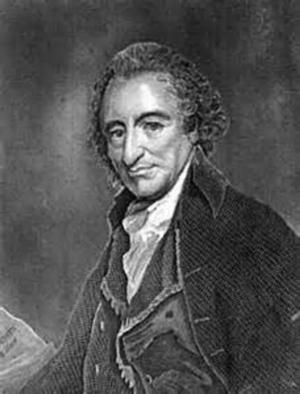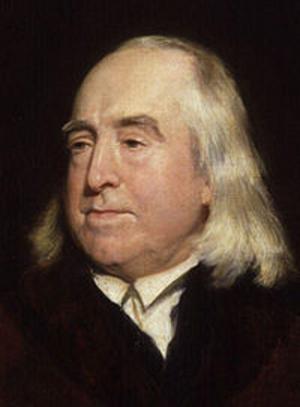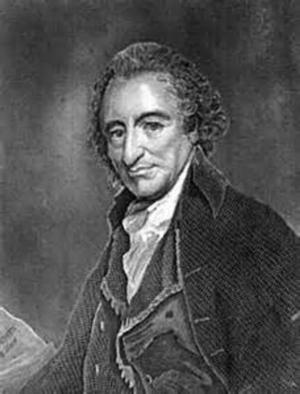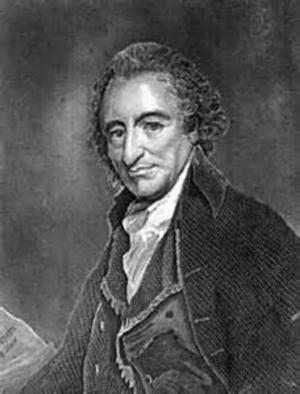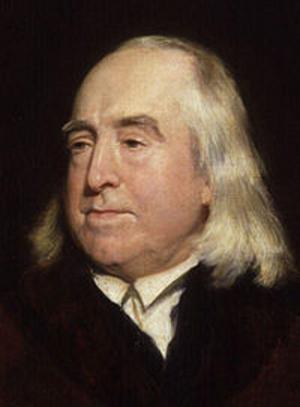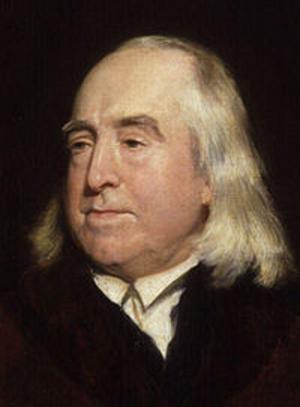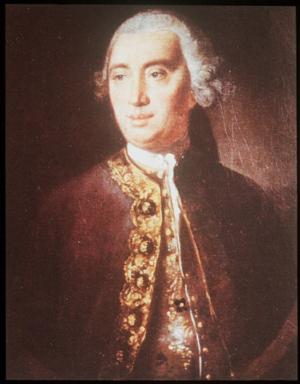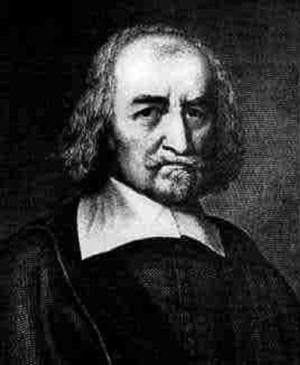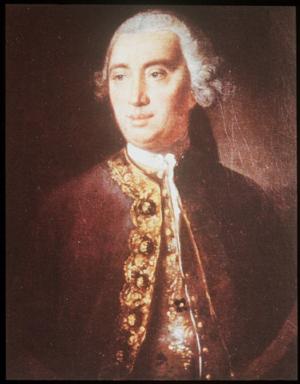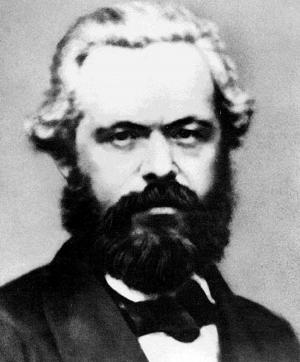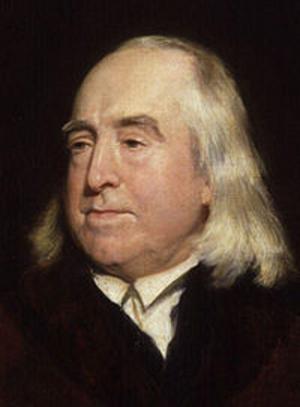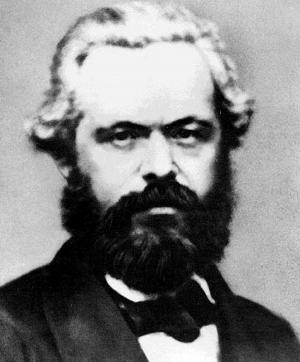On Human Understanding by John Locke and David Hume (Illustrated)
Business & Finance, Economics, Macroeconomics, Theory of Economics| Author: | David Hume, John Locke, Timeless Books: Editor | ISBN: | 1230000330565 |
| Publisher: | www.WealthOfNation.com | Publication: | March 30, 2015 |
| Imprint: | Language: | English |
| Author: | David Hume, John Locke, Timeless Books: Editor |
| ISBN: | 1230000330565 |
| Publisher: | www.WealthOfNation.com |
| Publication: | March 30, 2015 |
| Imprint: | |
| Language: | English |
The book has an active table of contents for easy access to each chapter of the following titles:
1. AN ESSAY CONCERNING HUMAN UNDERSTANDING – JOHN LOCKE
2. AN ENQUIRY CONCERNING HUMAN UNDERSTANDING – DAVID HUME
3. MY OWN LIFE – DAVID HUME
John Locke was Isaac Newton’s best friend. As Newton developed Calculus and Law of Gravity, Locke built the foundation of modern liberalism, political theory, and economics.
John Locke was an economic liberalist and he believed that the value of things comes from the people. The social contract theory by John Locke explains this. Locke defined tyranny as “…the exercise of power beyond right, which nobody can have a right to; and this is making use of the power any one has in his hands, not for the good of those who are under it, but for his own private, separate advantage.” Locke agreed that each person born with equality is the essential natural right to ensure free market competition.
American Declaration of Independence is strongly influenced by Locke’s ideology. His concepts of identity later influenced Rousseau and Voltaire along with many other Enlightenment scholars and American Revolutionaries.
This book of An Essay Concerning Human Understanding is John Locke’s most important work. He described the mind at birth as a blank slate filled later through experience. The essay was one of the principal sources of empiricism in modern philosophy, and influenced many enlightenment philosophers including David Hume and George Berkeley.
David Hume was a Scottish historian, philosopher, and economist in the row with the greatest thinkers Adam Smith, John Stuart Mill, John Keynes, John Locke, and Alfred Marshall.
Continuing John Locke’s work, David Hume wrote AN ENQUIRY CONCERNING HUMAN UNDERSTANDING. The book has proven highly influential for more than 100 years. Immanuel Kant highly recommended the book as the one to wake him up from "dogmatic slumber". The book is also widely regarded as a classic in modern philosophical literature.
Hume’s works also produced great influence on utilitarianism, logical positivism, the philosophy of science, early analytic philosophy, and cognitive philosophy. Without any doubt, Hume’s thoughts to the world also had the deep impact on the Founding Fathers of the United States.
David Hume’ influence has been felt in nearly every field of the humanities and social sciences.
The reasoning by John Locked and David Hume still remains as relevant today as it was then. This book is one of the most important ones about the deepest thoughts about human understanding by John Locke and David Hume, two of the greatest thinkers of modern economics and logic on the planet.
The book has an active table of contents for easy access to each chapter of the following titles:
1. AN ESSAY CONCERNING HUMAN UNDERSTANDING – JOHN LOCKE
2. AN ENQUIRY CONCERNING HUMAN UNDERSTANDING – DAVID HUME
3. MY OWN LIFE – DAVID HUME
John Locke was Isaac Newton’s best friend. As Newton developed Calculus and Law of Gravity, Locke built the foundation of modern liberalism, political theory, and economics.
John Locke was an economic liberalist and he believed that the value of things comes from the people. The social contract theory by John Locke explains this. Locke defined tyranny as “…the exercise of power beyond right, which nobody can have a right to; and this is making use of the power any one has in his hands, not for the good of those who are under it, but for his own private, separate advantage.” Locke agreed that each person born with equality is the essential natural right to ensure free market competition.
American Declaration of Independence is strongly influenced by Locke’s ideology. His concepts of identity later influenced Rousseau and Voltaire along with many other Enlightenment scholars and American Revolutionaries.
This book of An Essay Concerning Human Understanding is John Locke’s most important work. He described the mind at birth as a blank slate filled later through experience. The essay was one of the principal sources of empiricism in modern philosophy, and influenced many enlightenment philosophers including David Hume and George Berkeley.
David Hume was a Scottish historian, philosopher, and economist in the row with the greatest thinkers Adam Smith, John Stuart Mill, John Keynes, John Locke, and Alfred Marshall.
Continuing John Locke’s work, David Hume wrote AN ENQUIRY CONCERNING HUMAN UNDERSTANDING. The book has proven highly influential for more than 100 years. Immanuel Kant highly recommended the book as the one to wake him up from "dogmatic slumber". The book is also widely regarded as a classic in modern philosophical literature.
Hume’s works also produced great influence on utilitarianism, logical positivism, the philosophy of science, early analytic philosophy, and cognitive philosophy. Without any doubt, Hume’s thoughts to the world also had the deep impact on the Founding Fathers of the United States.
David Hume’ influence has been felt in nearly every field of the humanities and social sciences.
The reasoning by John Locked and David Hume still remains as relevant today as it was then. This book is one of the most important ones about the deepest thoughts about human understanding by John Locke and David Hume, two of the greatest thinkers of modern economics and logic on the planet.

